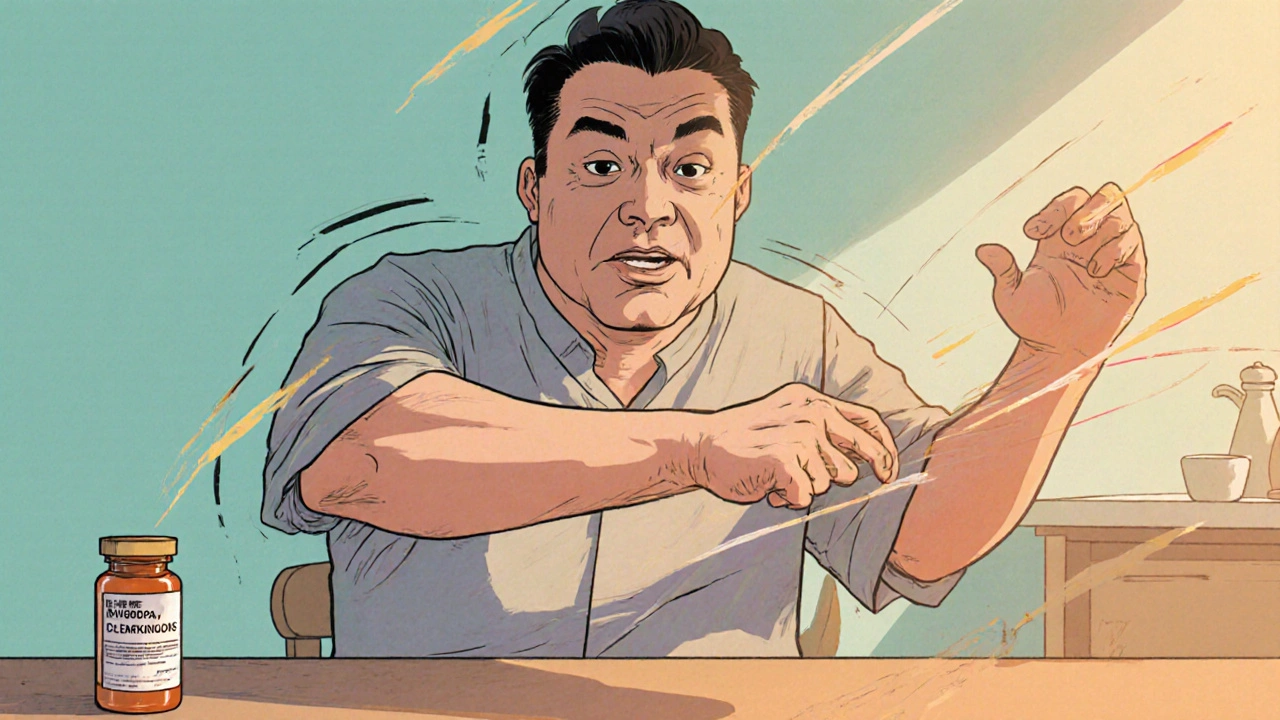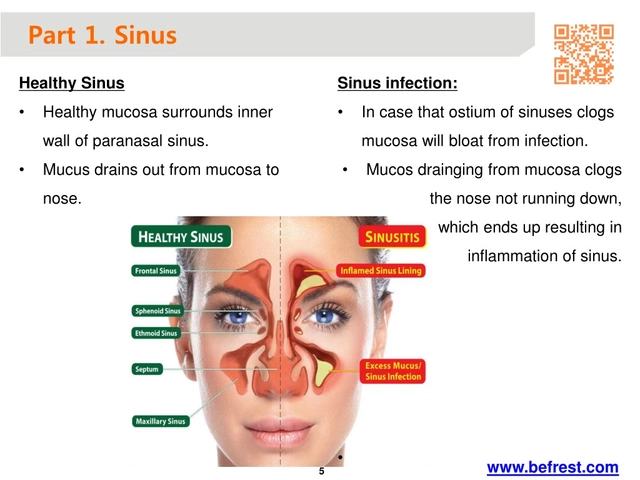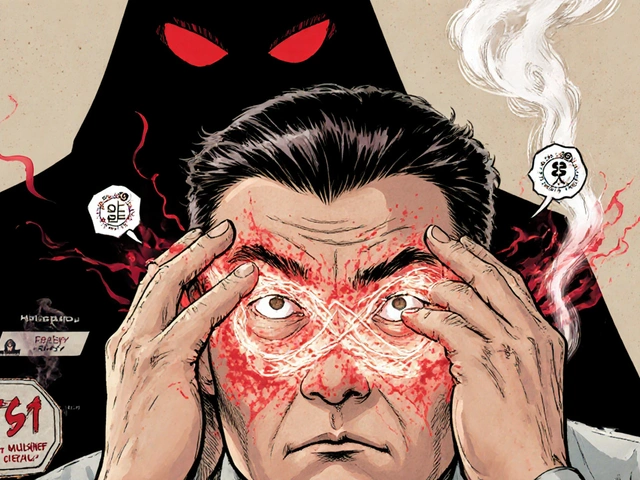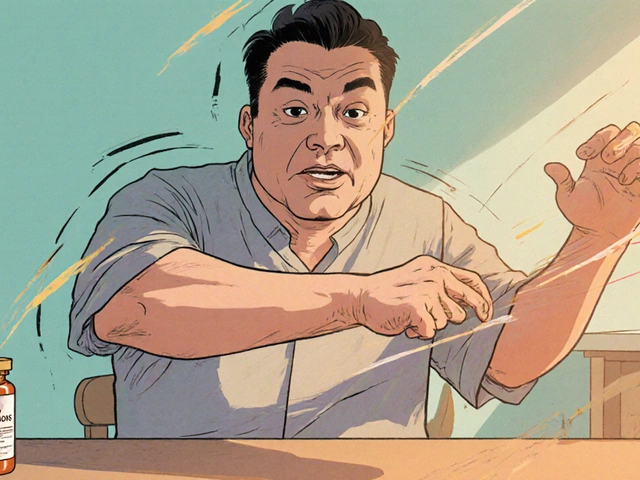Parkinson’s Disease: Medications, Alternatives, and What Actually Works
When your body starts shaking, moving slowly, or feeling stiff for no clear reason, it might be Parkinson’s disease, a progressive nervous system disorder that affects movement by lowering dopamine levels in the brain. Also known as paralysis agitans, it doesn’t just cause tremors—it can make everyday tasks like buttoning a shirt or walking across a room feel impossible. This isn’t just aging. It’s a brain chemistry problem, and while there’s no cure, the right meds can help you keep living like yourself.
Most people with Parkinson’s start with Levodopa, a drug that turns into dopamine in the brain—it’s the gold standard. But over time, it stops working as well, and side effects like sudden movements or dizziness can show up. That’s when doctors turn to other options like Artane (trihexyphenidyl), an anticholinergic that helps reduce stiffness and tremors by balancing brain signals, or Amantadine, originally an antiviral that also boosts dopamine and reduces involuntary movements. These aren’t just backups—they’re tools that work differently, and choosing between them depends on your symptoms, age, and how your body reacts.
What you won’t find in every guide is how these drugs compare side by side. Artane might help a 50-year-old with bad tremors but cause confusion in someone older. Amantadine can ease dyskinesia from long-term Levodopa use but might give you ankle swelling or a purple skin rash. And while some people try natural fixes or yoga to cope, the science still points to medication as the backbone of treatment. The posts here don’t just list drugs—they break down how Artane stacks up against Benztropine, how Amantadine compares to Selegiline, and why some meds work better for shaking while others fix slowness. You’ll see real trade-offs: cost, side effects, dosing schedules, and what actually improves daily life.
If you’re trying to figure out whether to stick with your current pill, switch to something cheaper, or understand why your doctor suggested a new one, this collection gives you the straight talk you won’t get from a pamphlet. No fluff. No marketing. Just what works, what doesn’t, and what you need to ask your doctor next.

How Diet Impacts Dyskinesia Symptoms: Nutrition Tips That Help
Explore how specific nutrients, diet patterns, and meal timing can influence dyskinesia severity, with evidence‑based tips and practical meal‑planning advice.
Detail




